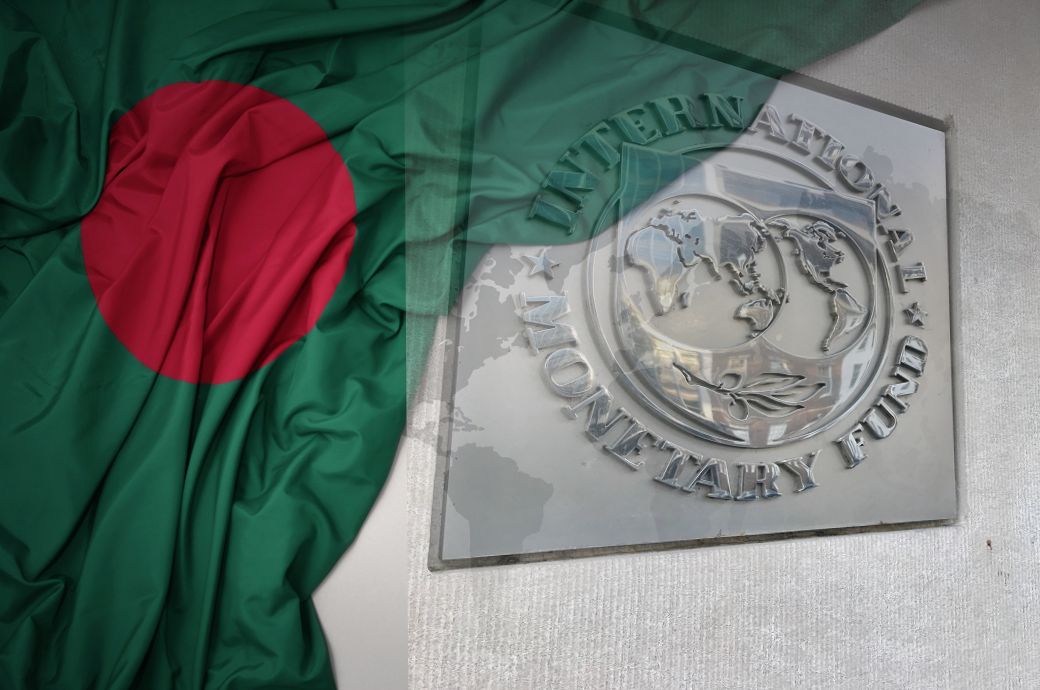Fiscal consolidation should prioritise the swift implementation of tax policy reform to remove extensive tax preferential treatments and simplify the tax system, the mission recommended.
“Carefully calibrating the monetary stance to avoid its premature softening will help anchor inflation expectations, while greater exchange rate flexibility will support price competitiveness, rebuild foreign exchange reserve buffers, and strengthen the economy’s resilience against external shocks,” an IMF release quoted the IMF mission chief Chris Papageorgiou as saying.
Bangladesh needs near-term policy tightening to address the mounting external financing gap and ensure a continued decline in inflation, the IMF has said.
Fiscal consolidation should prioritise the swift implementation of tax policy reform to remove extensive tax preferential treatments and simplify the tax system, it suggested.
A strategy to boost revenue and reform expenditures is crucial too.
“A comprehensive strategy to boost revenue and reform expenditures is crucial for supporting increased social spending and infrastructure investment. Bangladesh’s persistently low tax-to-GDP ratio underscores the pressing need for tax reforms aimed at building a more equitable, transparent and streamlined system—one that ensures sustainable revenue growth, reduces widespread tax exemptions, improves compliance, and distinctly separates tax policy from administration,” he said.
“Legal reforms should align with international standards, and the authorities must move quickly to operationalize new frameworks that enable orderly bank restructuring while protecting small depositors,” he added.
Fibre2Fashion News Desk (DS)


